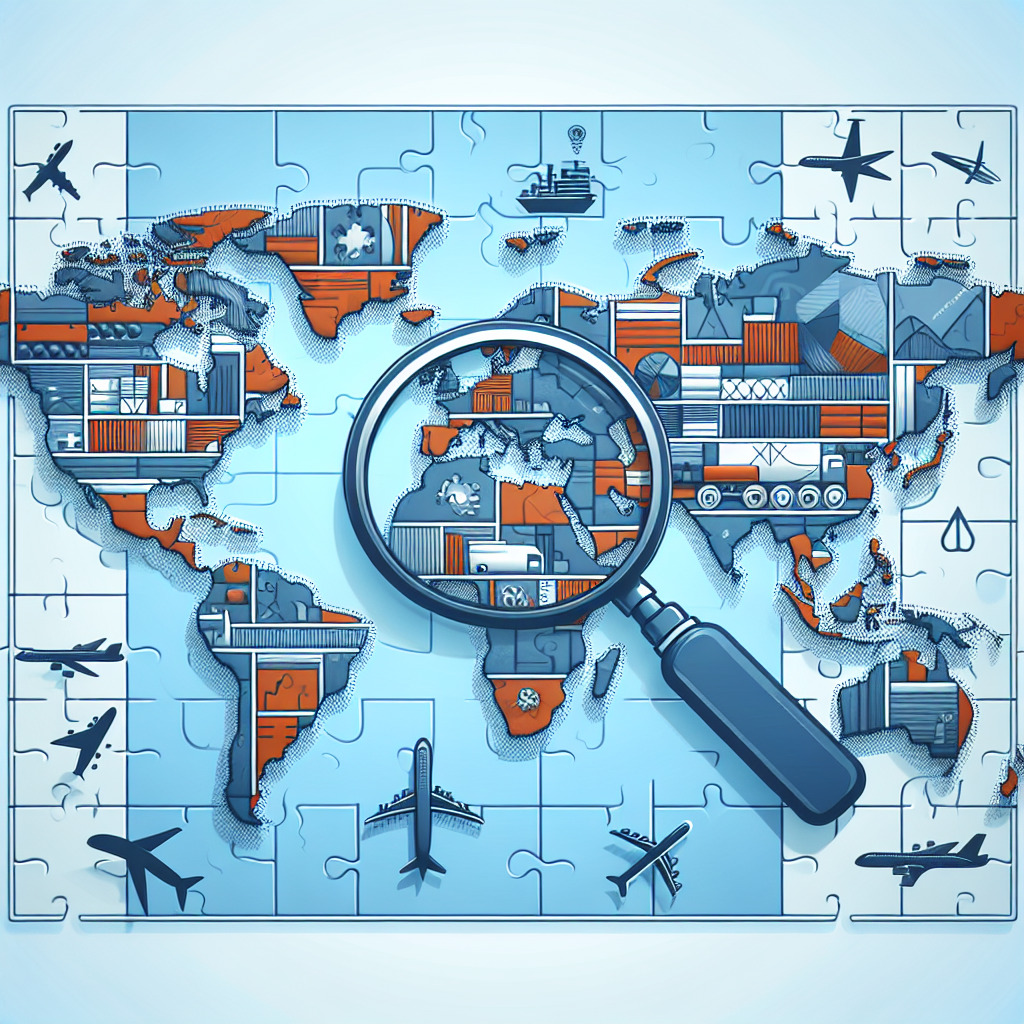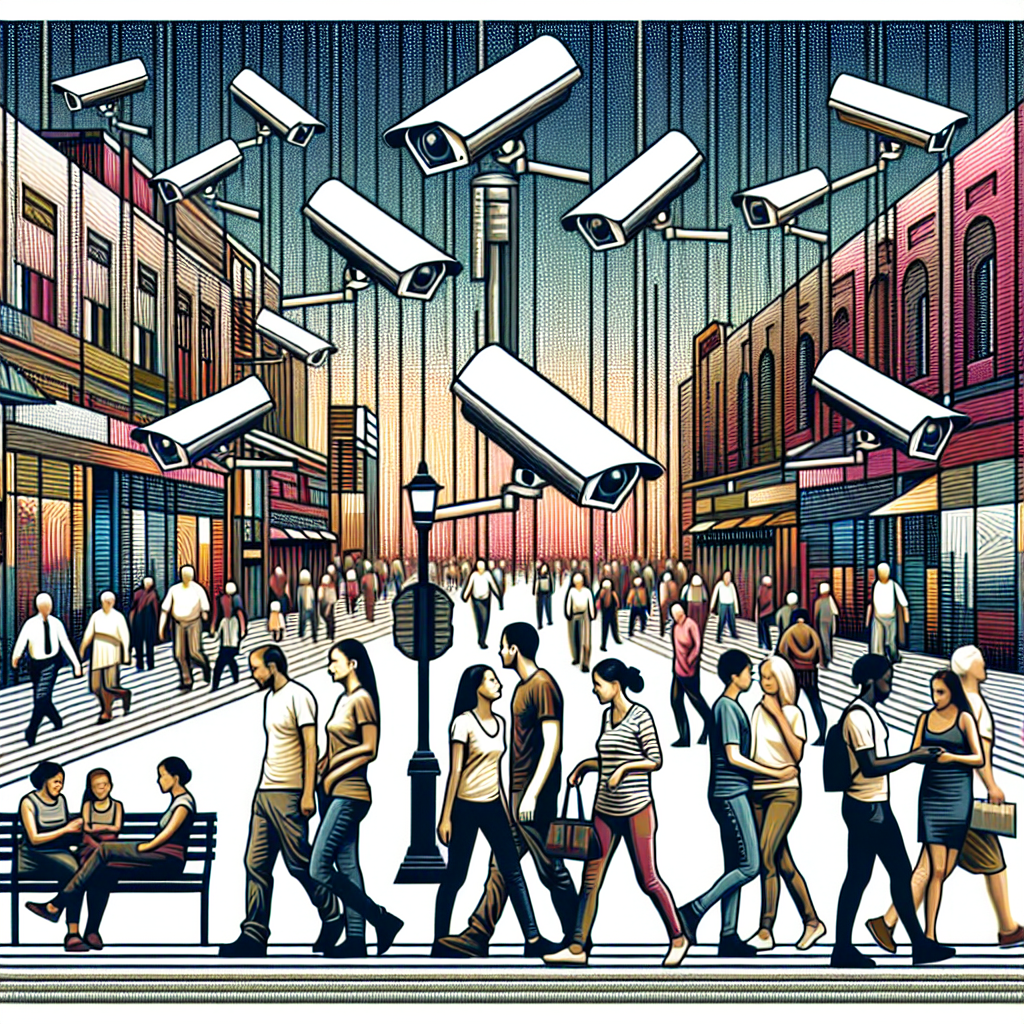The New World Order (NWO) is a term often used to describe a hypothetical global governance structure that seeks to regulate international relations, economics, and trade. This concept, although steeped in conspiracy theories and skepticism, reflects underlying shifts in global trade policies influenced by various power dynamics, alliances, and economic strategies. The New World Order’s impact on global trade is multifaceted, involving the integration of economic policies, multinational corporations, international organizations, and regional partnerships, shaping the modern economic landscape.
### Historical Context
Understanding the NWO’s influence on global trade necessitates a review of its historical context. Post-World War II, the establishment of institutions like the International Monetary Fund (IMF), World Bank, and the General Agreement on Tariffs and Trade (GATT) laid the groundwork for international trade norms. The NWO, articulated in the late 20th century, emerged amid globalization, technological advancements, and increased interdependence among nations. The creation of the World Trade Organization (WTO) in 1995 marked a pivotal moment in global trade governance, centralizing the regulatory framework for international commerce.
### Economic Interdependence
The concept of economic interdependence is central to the NWO’s influence on global trade policies. As nations increasingly rely on one another for goods, services, and resources, trade agreements become vital. The NWO advocates for multilateral trade agreements that enhance cooperation and reduce barriers. Such policies promote free trade, which can lead to economic growth, innovation, and consumer benefits. However, critics argue that these agreements often favor multinational corporations over local industries, exacerbating income inequality and undermining local businesses.
### Regional Trade Agreements
Regional trade agreements (RTAs) have gained prominence as a method for countries to navigate the complexities of trade under the NWO. These agreements facilitate trade among member nations while often incorporating standards for labor, environmental protection, and intellectual property. Examples include the North American Free Trade Agreement (NAFTA) and the Trans-Pacific Partnership (TPP). Such agreements are reflective of the NWO’s approach to fostering economic integration that supports geopolitical objectives, often aligning nations with common economic interests while sidelining those that do not conform.
#### The Role of Multinational Corporations
Multinational corporations (MNCs) play a significant role in shaping trade policies under the NWO framework. With operations spanning multiple countries, MNCs have the power to influence trade legislation to their advantage. Lobbying efforts by these corporations can lead to favorable tariffs, regulatory relaxations, and investment incentives. This creates a scenario where policy-makers often prioritize corporate interests over national concerns, raising questions about sovereignty and the democratic process.
### The WTO and Global Governance
The WTO exemplifies the NWO’s regulatory clout in global trade. It acts as a mediator for trade disputes and establishes rules governing international trade. By promoting trade liberalization, the WTO aims to ensure that markets remain accessible. However, its policies have drawn criticism for promoting corporate interests and sidelining social and environmental issues. Ongoing debates surrounding agricultural subsidies and intellectual property rights illustrate the complexities involved, where wealthy nations often impose stricter regulations that developing countries struggle to meet.
### The Digital Economy and E-commerce
The advent of the digital economy significantly influences trade policies within the NWO framework. E-commerce has expanded the reach of businesses globally, creating new markets and opportunities. Government policies now increasingly focus on regulating digital trade, intellectual property, data privacy, and cross-border data flows. The NWO suggests that a harmonized regulatory approach can facilitate smoother electronic transactions while addressing concerns about cybersecurity and data protection. The challenge lies in creating policies that foster innovation while ensuring consumer and business protection.
### Trade Wars and Protectionism
Despite the NWO’s push for globalization, recent trends indicate a resurgence of protectionism. The U.S.-China trade war exemplifies how national interests can conflict with the overarching principles of free trade espoused by the NWO. Tariffs were imposed in an attempt to protect domestic industries, showcasing a retrenchment from cooperative multilateralism. These trade wars have broader implications, creating rifts in global supply chains, thereby challenging the established norms and fostering uncertainty in trade relationships.
### Geopolitical Tensions and Their Impact on Trade
Geopolitical tensions significantly influence global trade under the NWO. As nations grapple with their positions in a shifting world order—often characterized by the rivalry between superpowers—the impact is seen in trade agreements and sanctions. The tension between the U.S. and Russia, and the challenges within the European Union, push countries to rethink their trading strategies. The NWO’s influence often leans towards enforcing economic sanctions or trade restrictions as tools of diplomacy. Consequently, affected nations may seek to establish alternative trade routes or partnerships, thereby redefining traditional trade relationships.
### Sustainability and Ethical Trade Policies
As global awareness of environmental issues increases, the NWO emphasizes the importance of sustainable trade practices. International agreements like the Paris Agreement highlight the necessity for trade policies that consider environmental impacts. Efforts to integrate sustainability into global trade frameworks advocate for ethical sourcing, fair wages, and minimizing ecological footprints. The NWO promotes transparency and accountability within supply chains, urging nations and corporations alike to adopt practices that contribute positively to global welfare.
### The Future of Trade Policies under the NWO
Looking ahead, the NWO’s influence on global trade policies will address emerging challenges such as climate change, technological advancements, and demographic shifts. Global cooperation will be vital in dealing with transnational issues. The future may see enhanced collaboration among nations to establish fair trading systems that prioritize both economic growth and social equity. Policymakers will need to reconcile the mandates of globalization with the realities of national interests, advocating for frameworks that foster inclusivity and resilience in trade practices.
### Conclusion: Balancing Interests and Global Trade
The New World Order symbolizes a dynamic shift in how global trade policies are shaped and implemented. Emphasizing economic interdependence, regional cooperation, and multinational collaborations reflects a broader goal of creating a stable and interconnected trading environment. However, the challenge lies in balancing corporate interests with local realities, ensuring that trade policies benefit the many rather than the few. As nations navigate this complex landscape, the NWO will undoubtedly continue to play a crucial role in defining the future of global trade, leading to adjustments in how countries engage with one another on economic matters.













Leave a Reply